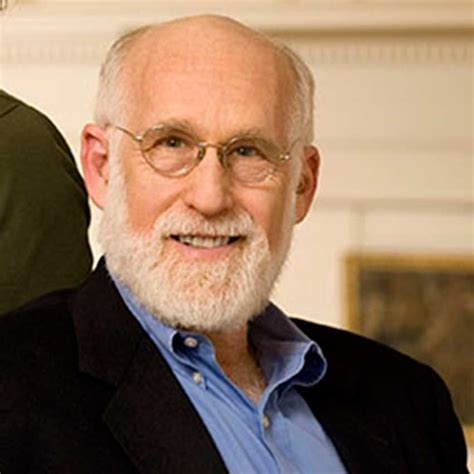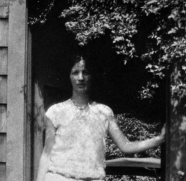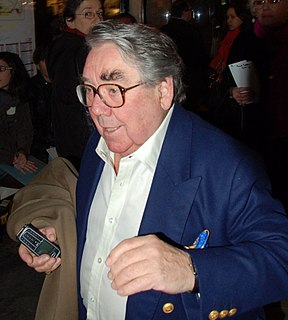A Quote by Siddhartha Mukherjee
Good physicians are rarely dispassionate. They agonize and self-doubt over patients.
Quote Topics
Related Quotes
I love the good old book with glue and binding, I really do, but that is just one way of experiencing text, and suddenly we have so many new ways, including our laptops, our phones, our watches. People in my generation agonize over this. People much younger than me don't agonize at all. They just go ahead and find ways to transform publishing.
Physicians today, as human beings, are not exempt from the perverse economic pressures created by fee-for-service regimes to see more patients for shorter appointments and order more tests and procedures. If the incentives were changed to pay to foster better health outcomes, I am convinced physician behavior would change over time.
We achieve active mastery over illness and death by delegating all responsibility for their management to physicians, and by exiling the sick and the dying to hospitals. But hospitals serve the convenience of staff not patients: we cannot be properly ill in a hospital, nor die in one decently; we can do so only among those who love and value us. The result is the institutionalized dehumanization of the ill, characteristic of our age.





































